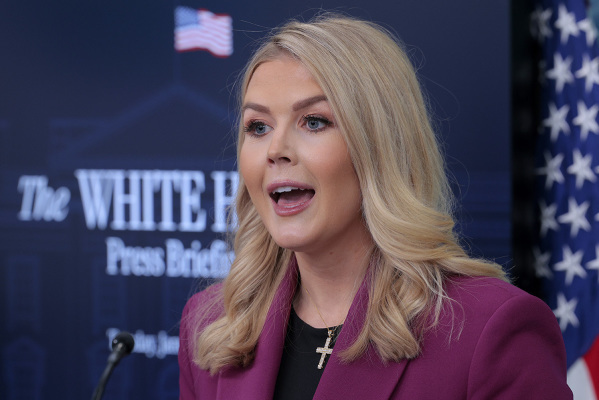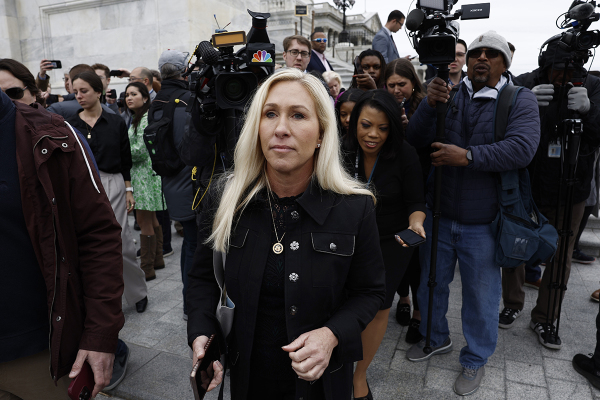South African Pastor Calls Prosperity Gospel Damaging, Asks 'Where Are We Heading To?'
"One guy called me very early in the morning, like 5 o'clock in the morning, he said to me, 'You know Thuso, after reading your book I realize that it is not only pastors who are responsible for this,'" Kewana shared. " ...Because (some Christians) want short cuts, they don't read the word of God. We want (a) quick-fix. We are responsible for this."
South African pastors should feel an extra burden, he believes, for those in their congregation who are illiterate and "really depend on the person behind the pulpit." About half of the country's residents are considered illiterate.
"But some of us can read, but we just don't want to go and read the Bible," Kewana added. "We don't want to take that five minutes to open the Bible… And yet if we could do that, we'd realize that God wants our hearts not anything else."
Kewana, whose Where Are We Heading To? book was published late last year and is available online, is not alone in his observations.
Other books have been published, conversations taken place, and articles written about the troubling effects of peddling prosperity to the economically depressed, spiritually immature or desperately hurting, particularly in the two-thirds world and predominantly in underdeveloped regions of Africa and Latin America.
Prominent U.S. evangelical Christian minister John Piper has even preached about what he believes is a perversion of what Christians call the "good news" of salvation in Jesus Christ.
"This distorted gospel, is one of the largest and most tragic exports that America takes to the two-thirds world, especially Africa," said Piper in a dated sermon recently highlighted by his Desiring God ministry.
After quoting Kenneth Copeland, whom Piper called a "founder" of the prosperity gospel, the former Bethlehem Baptist Church pastor added, "What is so sadly obvious and prominent is that material prosperity is what is meant. Not spiritual prosperity learned through hardship."
Kewana told CP he started noticing "pastors moving away from preaching salvation" and turning to messages "about money, about tithing (and) giving to God" while he himself served as a co-pastor of a church founded by a friend. It wasn't until one night, while preparing to read his Bible and feeling troubled in his spirit, that the married father asked God if the prosperity gospel was the "true gospel."
As he tells it, God challenged him to search the Scriptures and find out.
"I guess that little voice, I guess (it was) the Holy Spirit that said 'well, what do you think?' And then I realized, but no, Biblically, God doesn't talk about pastors accumulating earthly wealth," Kewana told CP, adding that he does believe God promises to those who love Him, heavenly wealth.
Adding in crisply-accented English, Kewana clarified: "The heavenly prosperity has nothing to do with (material) things."
The question then became for Kewana – what should I do?
"Then the small voice said, 'But do something.'"
Kewana, whose Heart to Heart Ministries actively challenges, encourages and helps Christians to engage the Bible and check claims made by pastors, eventually sat down one night, pen and paper in hand, and started writing.
"It just went on and on and on and on. And as I was writing, the Holy Spirit started to reveal things that are happening, especially about my country, but this thing also happens when you go to watch television and you find that even overseas people (are) preaching about prosperity, prosperity in terms of earthly wealth," he said.
Kewana believes wholeheartedly that if his countrymen simply read the Bible for themselves, or access resources like his ministry provides, and challenge and question preachers, "they will understand that accumulating earthly wealth is not what God desires from us. What He wants from us is our true hearts. He wants us to be faithful to Him without expecting any material (rewards) from Him."
"Seek me, He says, and then the rest (will) follow, so that we shouldn't focus on these material things but we should focus on God Himself," he added.
While Kewana believes he has taken a major risk by penning his book (a friend told him he would be "taking the bread away" from some pastors), he insisted that he had no choice. And he said the most basic and yet biggest step Christians can take is to start questioning, like he has, whether a message whose cornerstone is materialism is actually good news.
"I wish pastors could ... realize that they are heading the flock of God, that human beings are subject to God only, nobody else. And that human beings must worship God and honor God more than anybody else," said Kewana. "Pastors, don't subject human beings into a situation whereby they see themselves as gods, as little gods. They must see themselves as servants and serving the people, rather than people serving them."
He added, "South Africa, it is a poor country, we've got a lot of child-headed homes, we've got a lot of orphanages… and yet we've got pastors who are driving beautiful and expensive cars. And if you can take that money and channel that money to the needy, to the poor, I should think God would bless us more than anything else."






















